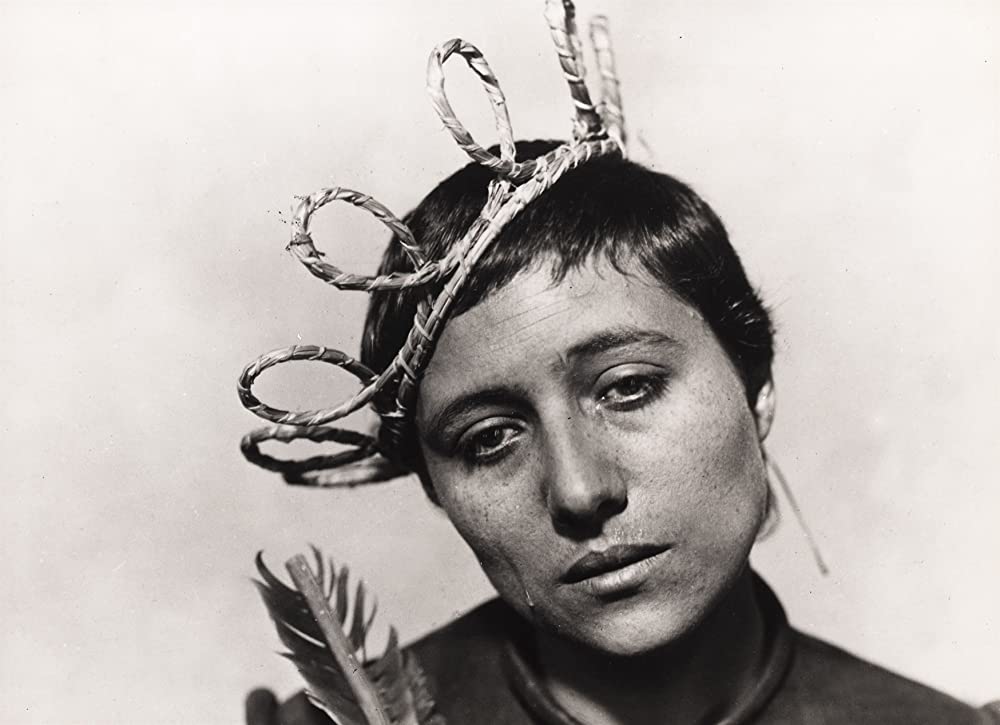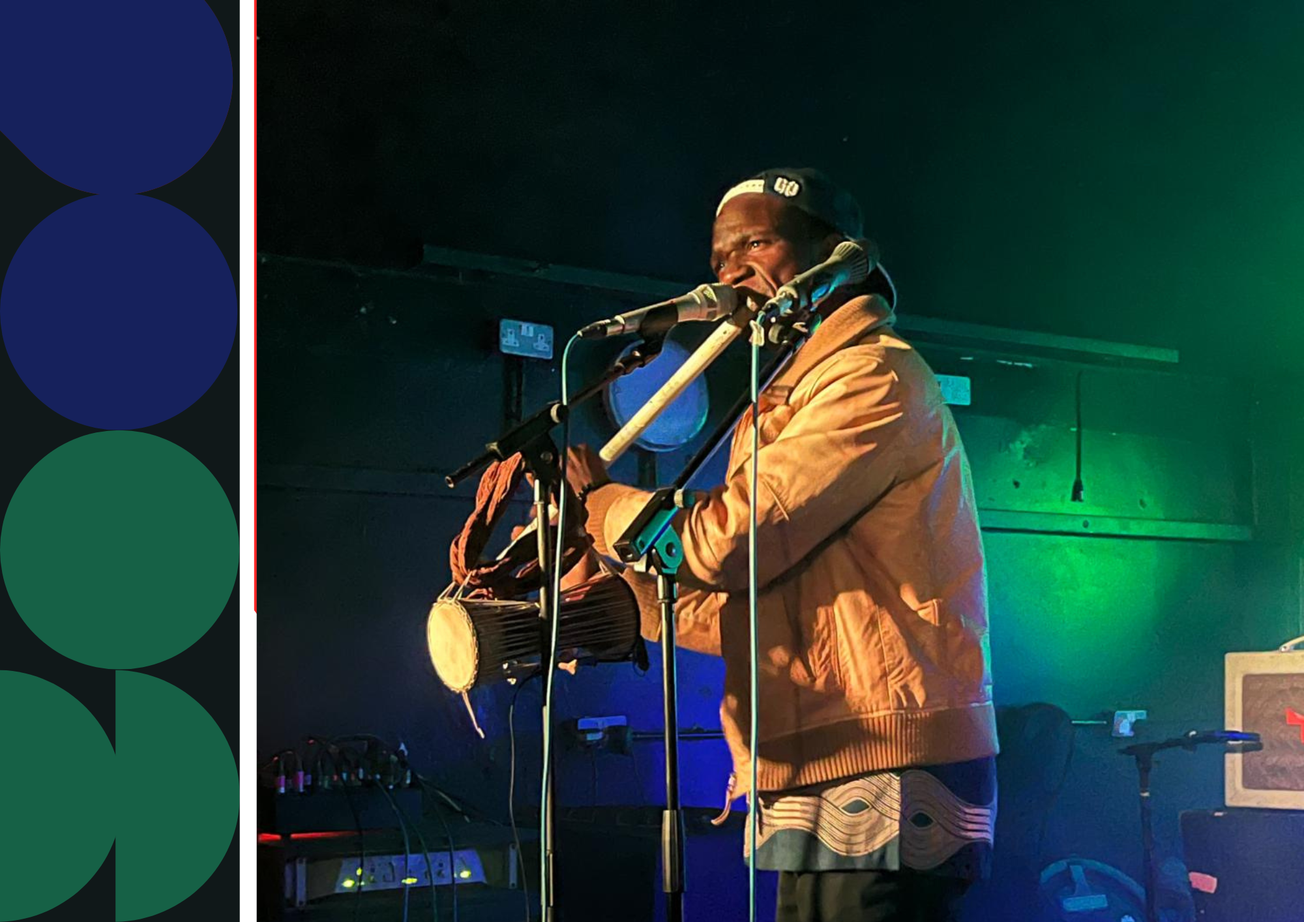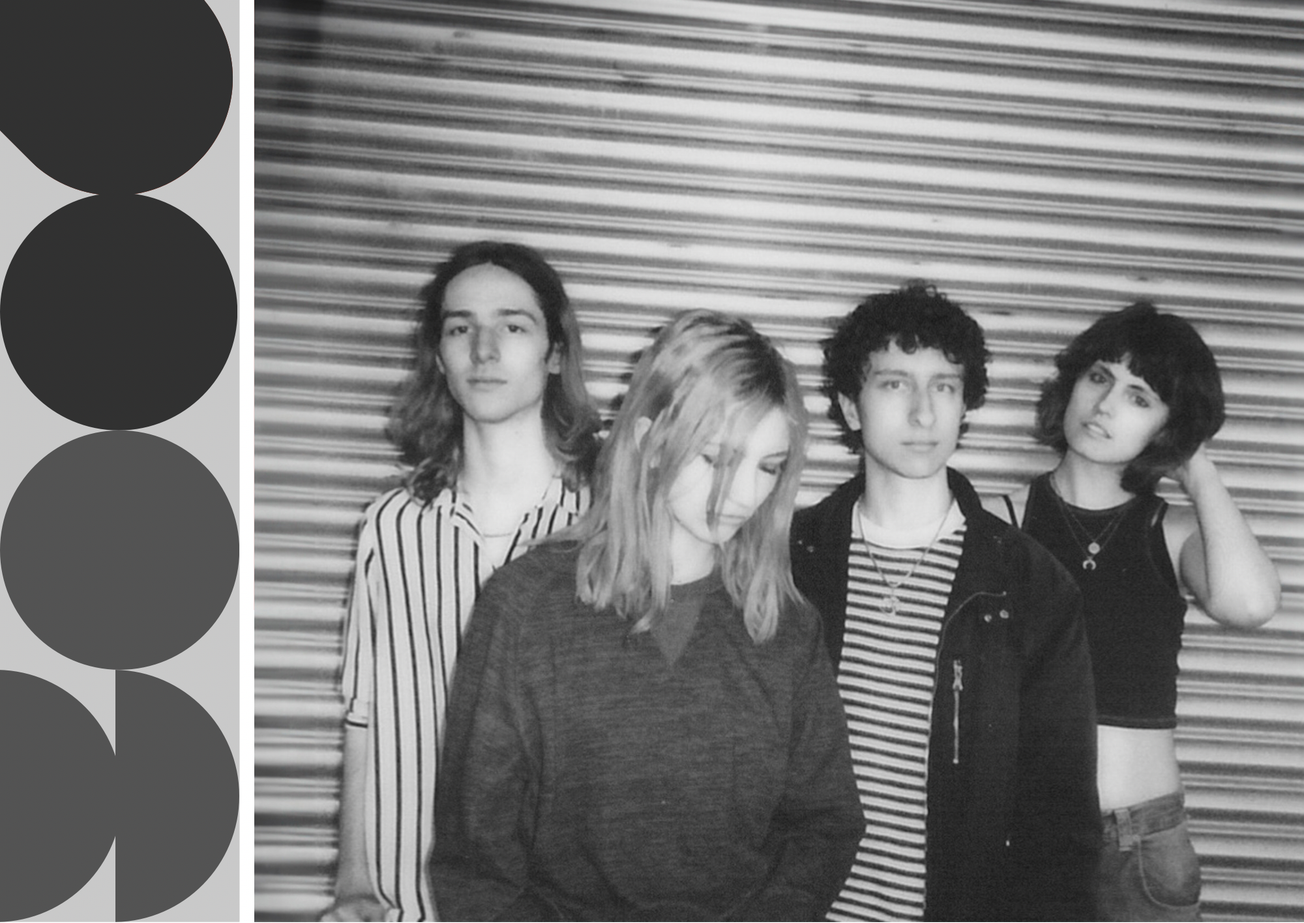By Tilly Long, Third Year, English Literature
Tilly lets us know which female-centred biopics we should be watching this month.
The Passion of Joan of Arc (1928)
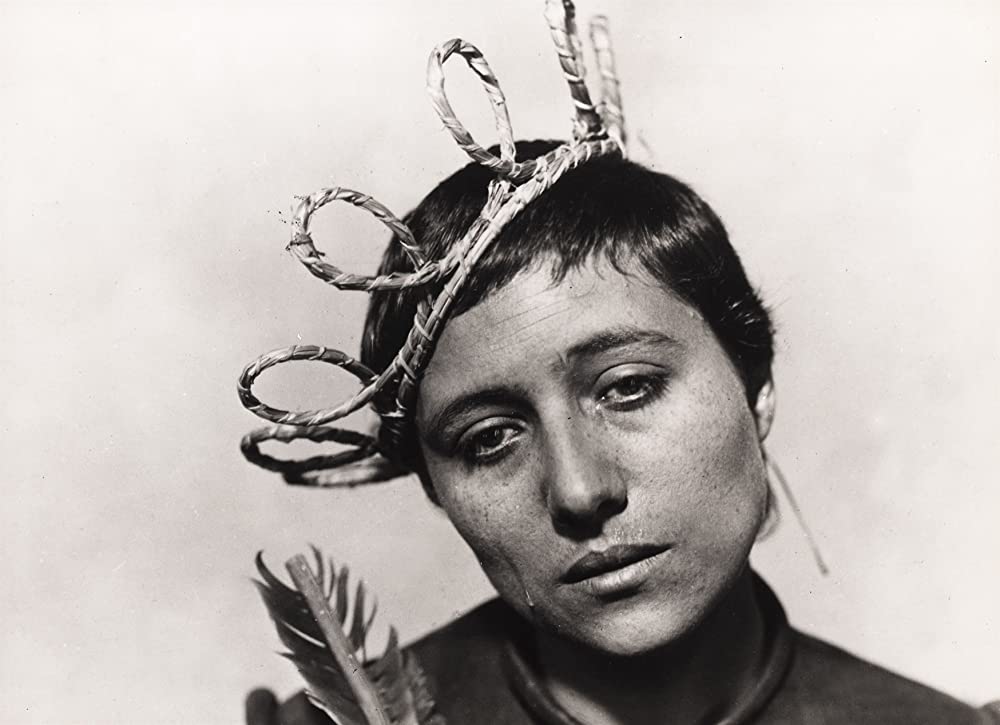
‘Dear God, I accept my death gladly but do not let me suffer too long. Will I be with You tonight in Paradise?’
The depiction on film of the short life and dramatic death of ‘Saint Joan’ is as old as the medium itself. The master illusionist George Méliès directed ‘Jeanne d'Arc’ in 1900, but ‘La passion de Jeanne d’Arc’, made in the dying days of silent cinema is still regarded as one of the greatest films ever made.
Shot mostly in close up, the expectation is that the viewer knows the narrative and therefore the images can concentrate on the actor’s facial expressions to describe her shocking predicament. At the trial, Joan is questioned then tortured by her persecutors to recant the visions that led her to believe that God had instructed her to drive the English from France, during the 100-year-war. Renée Jeanne Falconetti’s central performance is breathtaking in its fearlessness. Shorn of hair and make-up, her face alone conveys the duplicity of her captors and the acceptance of her fate.
Marie Antoinette (2006)
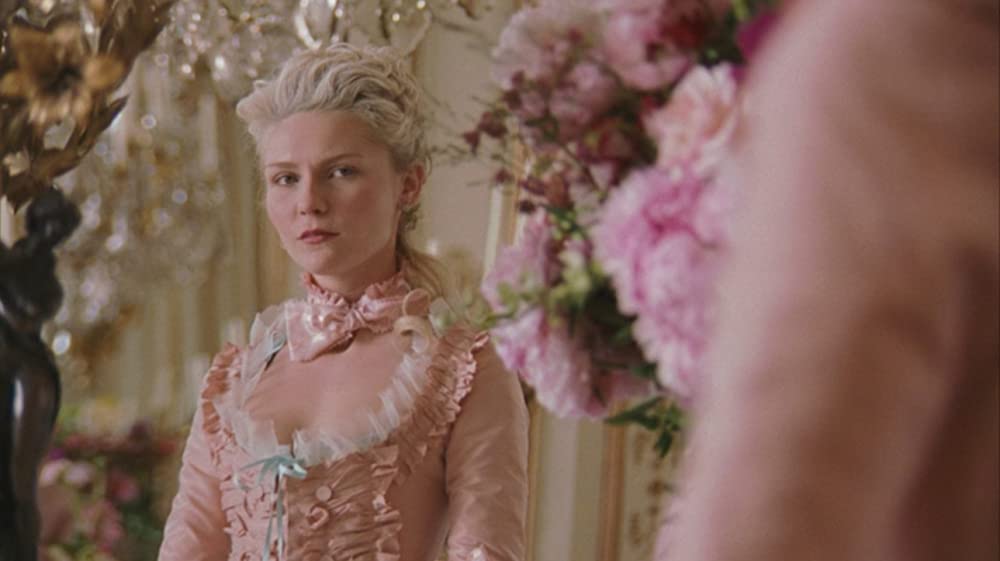
‘Oh, you were not what was desired, but that makes you no less dear to me. A boy would have been the Son of France, but you, Marie Thérèse, shall be mine’
A true ambassador of visual pastry, director Sophia Coppola drenches the stifled Versailles court of Marie Antoinette with copious amounts of bright pink and rock music. She reimagines 18th century France with a Siouxsie and the Banshees style twist; ‘Hong Kong Garden’ plays as Kirsten Dunst attends a masquerade. Her unfairly dismissed portrayal of Marie Antoinette as a popstar of sorts actually presents the young queen just as we have come to recognise her: through popular culture references such as the quip she didn’t actually say – ‘let them eat cake.’
This creative update renders the lavish and empty lives of aristocrats simultaneously comic and bland. Jason Schwartzman especially deserves praise for his hilarious rendition of Louis XVI of France, Antoinette’s reluctant betrothed.
Frida (2002)
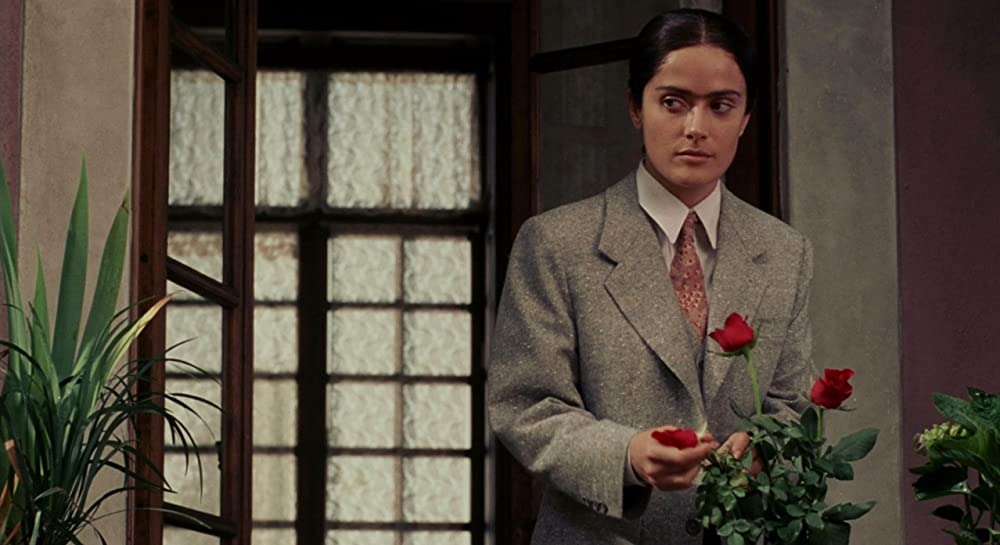
‘I don't need rescuing, Diego’
Filming the life of the Mexican painter Frida Kahlo was always going to be a major task.
In her 47 years she managed to mix with the Parisian art elite during the 1930s, maintaining an open marriage to the famed muralist Diego Rivera, whilst remaining dedicated to her Marxist bohemian ideals. She had numerous lovers that included both Leon Trotsky and Josephine Baker. Inevitably, trying to capture this free spirit on film can sometimes feel like a series of surreal encounters stitched together by the thinnest of threads. It is Salma Hayek’s impassioned performance that keeps you watching and marveling at a life lived to its fullest.
Jackie (2016)
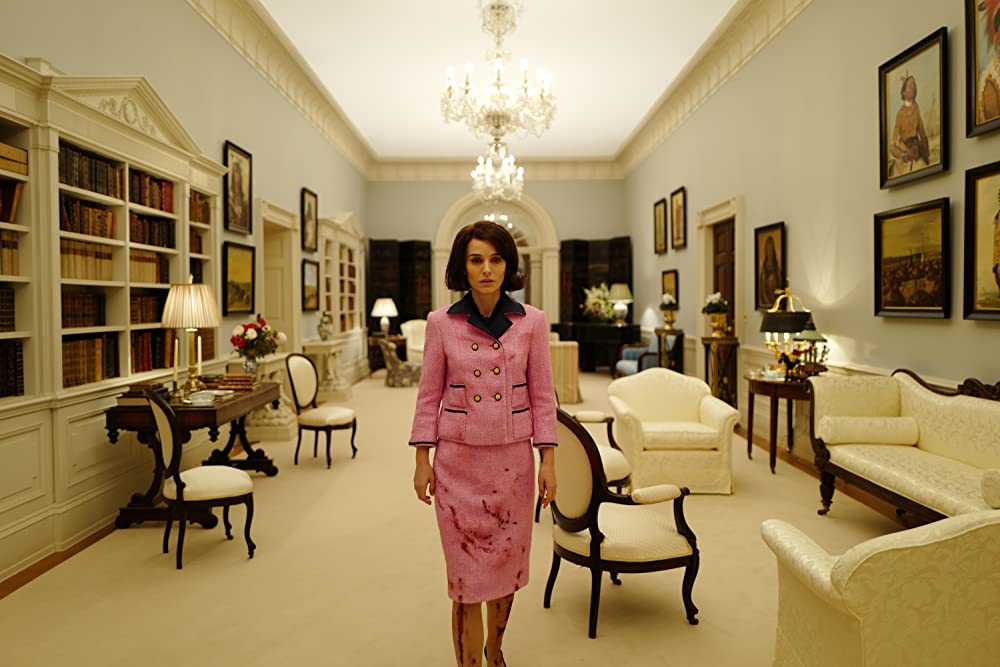
‘I want them to see what they have done to Jack’
Unforgivably snubbed by the Academy, Pablo Larraín’s Jackie focalises Jackie Kennedy’s days immediately following the assassination of her husband, John F. Kennedy, in 1963.
A certain mystique shrouds political figures both of this era and in general, yet Natalie Portman brings monumental levels of emotional depth to the woman, treading a messy line between guilt and grief. Haunting cinematography accompanied by Mica Levi’s booming score will make you completely forget this is a biographical story, as it expertly obscures the distinctions between cinema and reality.
What's Love Got to Do with It (1993)
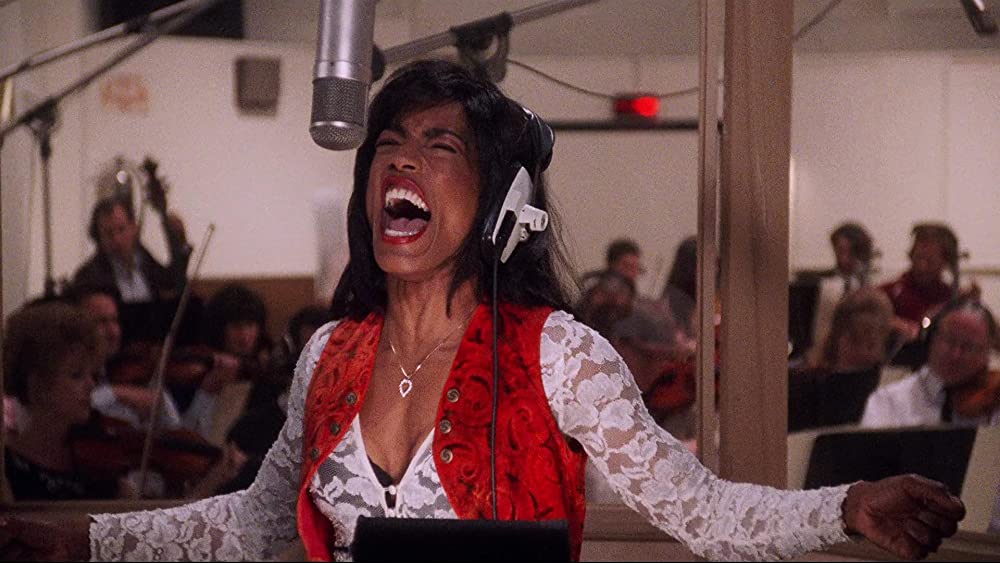
‘I’ll give up all that other stuff, but only if I get to keep my name. I worked too hard for it, your honour’
In a never-ending list of musical biopics chronicling the growth of American musicians, from Barbara Streissand’s Funny Girl (1968) to the more recent portrayal of Judy Garland by Renée Zellweger in 2019, (with a special shout out to Cate Blanchett’s incredible performance as Bob Dylan in I’m Not There (2007)) What’s Love Got to Do with It undoubtedly stands out.
In a performance which gained Angela Bassett an Oscar nomination in 1993, this adaptation of Tina Turner’s autobiography is perhaps remembered most for its graphic domestic violence at the hands of her husband Ike. Seeking solace in Buddhist mantras and eventually retaining her stage name after her divorce, Tina’s solo career culminates in long awaited freedom.
Persepolis (2007)
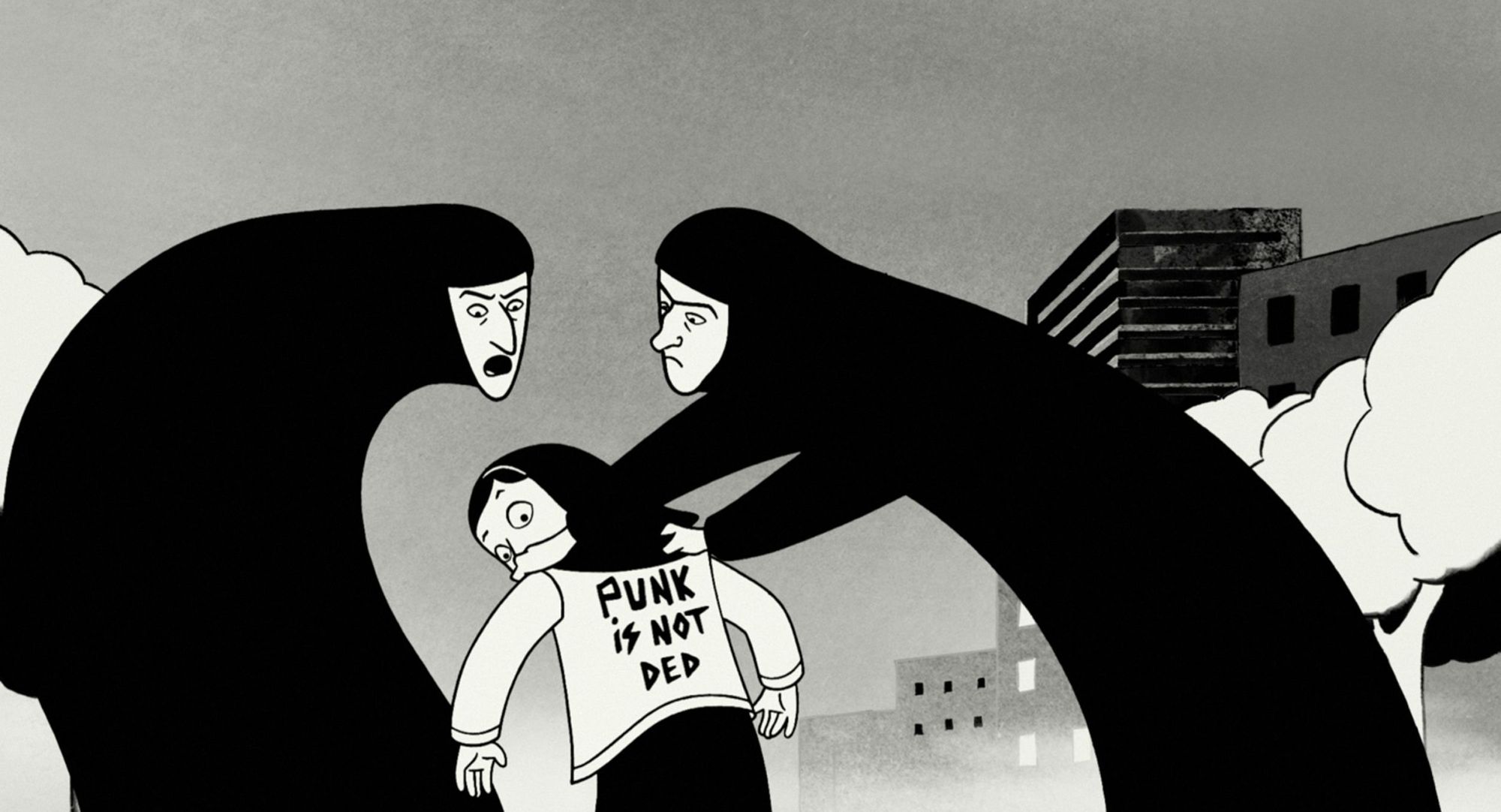
‘I remember I led a peaceful, uneventful life as a little girl. I loved fries with ketchup, Bruce Lee was my hero, I wore Adidas sneakers and had two obsessions: Shaving my legs one day and being the last prophet of the galaxy’
A different breed of innovative, animated imagination, Persepolis is an outstanding feat by director Marjane Satrapi, who recounts her own experience of coming of age during the Iranian Revolution. Covering the effects which the oppressive regime and consequential alienation had on children like her, the film often utilises humour as a coping mechanism, which carries its audience through moments of depression and tragedy.
The black and white animation is at times abstract and surreal, conjuring emotions as opposed to constructing a linear narrative, which succeeds in both showcasing a typically unrepresented culture as well as capturing the universal joys and struggles of youth. It's a must watch!
Erin Brockovich (2000)
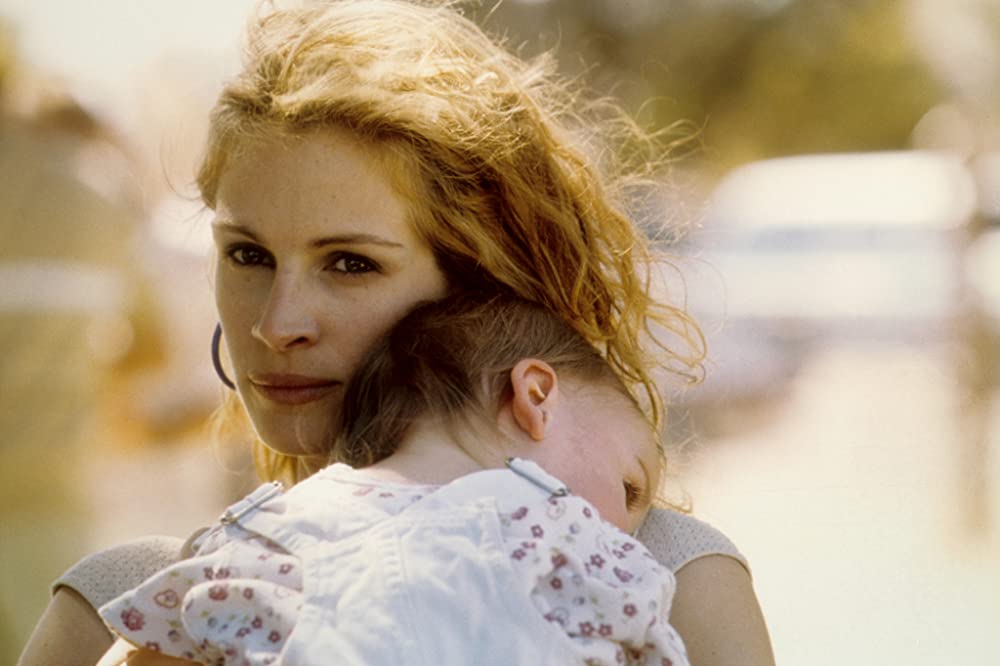
‘How much is your spine worth? What about your uterus?’
In this Soderbergh classic, Julia Roberts gives an Oscar winning performance of a true story surrounding one hard working, single mum at the centre of a water contamination scandal.
The film opens with Roberts donning a neck brace that almost looks couture, having just lost her case in which she tried and failed to sue a doctor for hitting her car. She attempts to embody the spirit of the real Erin Brockovich, playing the role with equal amounts of sincerity and unyielding passion. Moments of despair in which she all but begs her lawyer to give her a job are at odds with her numerous and impeccable one-liners. The woman captured on screen becomes one entirely complex and unapologetic.
Featured: IMDb
What are your favourite female biopics?

